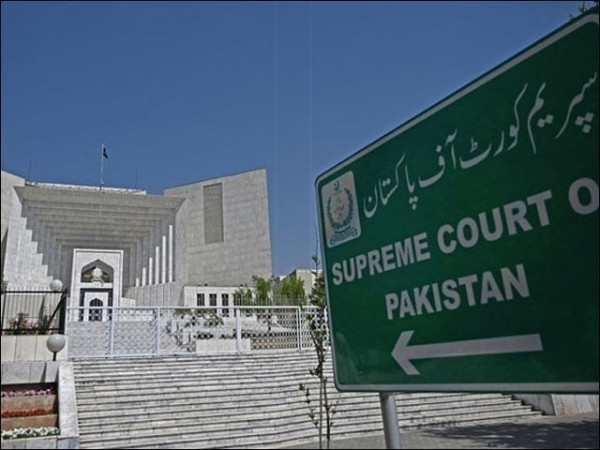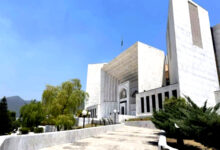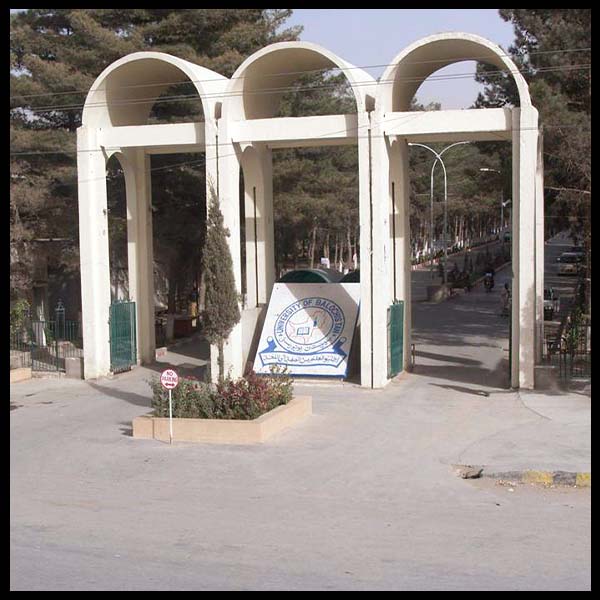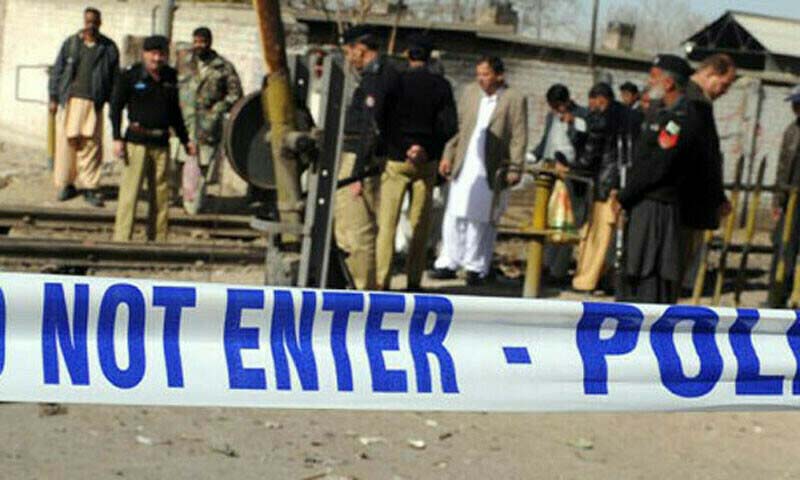Supreme Court Bench Remarks on Military Deployment Under Article 245: “How Can You Call It an Un-Declared Martial Law?”

Islamabad: During a hearing regarding the formation of a judicial commission to investigate the events of May 9, the Supreme Court’s constitutional bench addressed the issue of military deployment under Article 245. The bench questioned how an established constitutional power could be referred to as an “un-declared martial law.”
At the beginning of the hearing, lawyer Hamid Khan claimed that the country was under an “un-declared martial law.” In response, Justice Jamal Khan Mandokhel pointed out that the petition referred to military assistance to the civilian government under Article 245, which is explicitly mentioned in the Constitution. He emphasized that the Constitution allows for military support to the civilian government in times of need.
Justice Muhammad Ali Mazhar further questioned the characterization, asking how a constitutional provision like Article 245 could be challenged or described as martial law. He highlighted the clear authority vested in the government under this article.
Justice Jamal Khan Mandokhel also noted that the petitioners had not yet demonstrated how Article 245 was being misused. The Additional Attorney General raised concerns about the petition’s standing as a matter of public interest, which still needed to be argued further.
Justice Ameen-ud-Din Khan clarified that the court was only addressing the objections raised by the Registrar’s Office and was not yet hearing the merits of the case. He remarked that it appeared there was a sense of urgency, as the parties seemed eager to move forward.
Hamid Khan argued that cases had been registered against hundreds of individuals, including PTI leaders, in relation to the May 9 events. However, Justice Jamal Mandokhel responded that the registration of FIRs was a legal matter that the courts would decide upon.
Justice Musarrat Hilali added that even if a commission were formed, its role would primarily be to fix responsibility, and the commission’s report would not have a direct impact on criminal cases.
The court then adjourned the hearing indefinitely.






